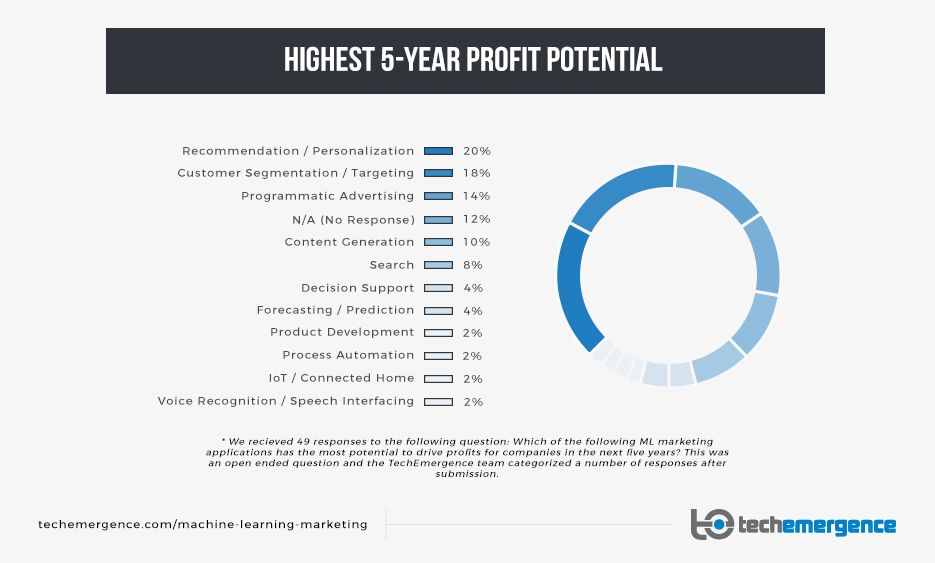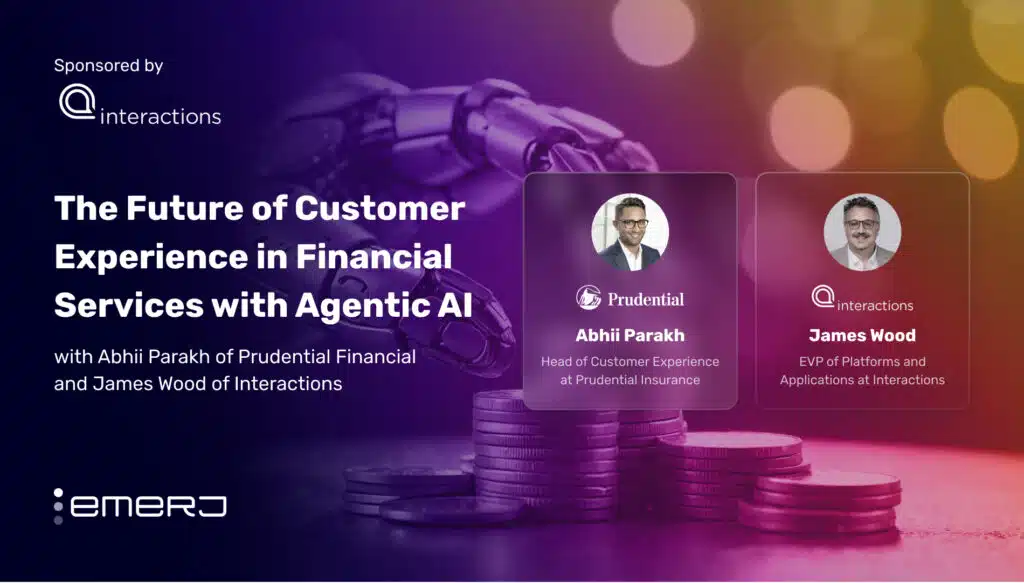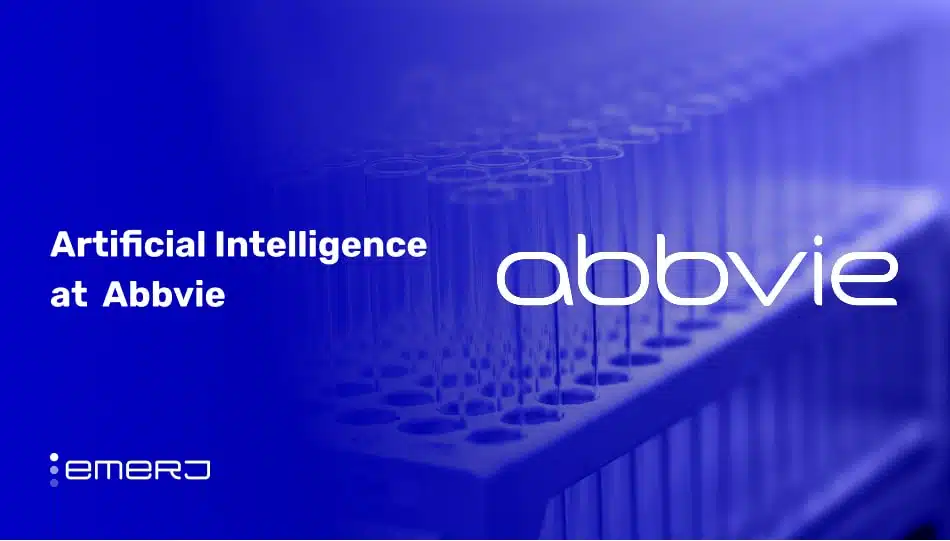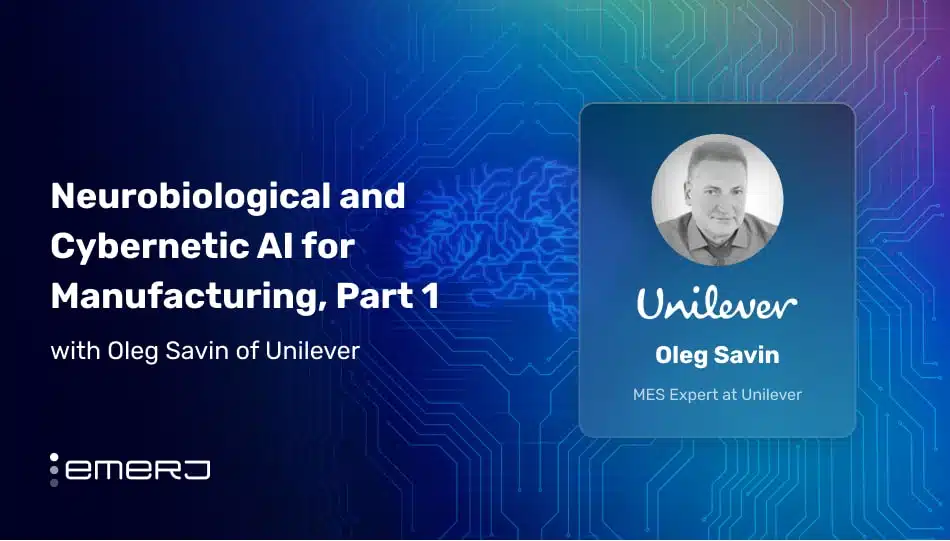Episode summary: In this episode of AI in Industry we speak with Abhi Yadav, the CEO of ZyloTech, a Boston-based customer analytics platform for omni-channel marketing operations. Abhi talks about what’s possible now with AI for marketing personalization, and what will be possible in the next 5 years.
Business leaders with an increasing focus on narrower customer targeting will be interested in Abhi’s insights on how technology allows for businesses to reach an “audience of one”.
Subscribe to our AI in Industry Podcast with your favorite podcast service:
Guest: Abhi Yadav, Co-founder, and CEO of ZyloTech
Expertise: Analytics, marketing automation, digital marketing, CRM tools
Brief recognition: Abhi previously attended Harvard Business School in a joint MIT and Harvard cross-registration program in digital marketing, venture capitalism and private equity. He went on to earn an MBA from MIT Sloan and served as a Visiting Research Scientist at MIT CSAIL for 2 years. Abhi founded ZyloTech in 2014 and is also currently an Advisory Board Member at MIT Global Startup Labs.
Big Idea
Enterprise marketing teams use strategies for segmentation and personalization today – much of which is “cohort-based” – categorizing customers or leads based on demographic data, or on the recency or frequency of purchase activity.
Abhi believes that three major challenges face companies who are looking to scale their marketing personalization efforts:
- Variety in customer data collected. From what smartphone model they’re using to what emails they opened in the last 6 months, customer data is becoming more varied and more nuanced. Gone are the days of simple demographics and purchase history – there are a near-infinite number of new forms of data that can help marketers win.
- The sheer volume of data. With more varieties of data and more ways to track data, volumes have increased for many firms exponentially.
- The time required to process data. The storage and organization of these new data types make it an even greater challenge. Manual effort spent in cleaning, sorting, and finding meaning in this data is no easy task (as we addressed in our full article on AI adoption in enterprise, the manual working handling data is often drastically underestimated by business leaders).
Abhi explains that AI can today help businesses in leveraging all of the existing data they are collecting and find hidden patterns in the data to market more effectively. Abhi explores the following example:
Suppose two people of different ages, living in different geographies may have ordered the same product (say, shampoo) more than two times almost at the same date and time. AI can help cluster the data in ways where a future promotion of the same type can be marketed to ‘clustered’ individuals, who are more likely to make a purchase.
Abhi says that AI can help answer hyper-specific search queries from customer data. Abhi gives another example:
An employee from a marketing operations team who wants to look at a self-service UI for airline reservation. The marketing operation employee can type in a search query about customer data from 20 million customers which could look like – “I want to find customers who’s lifetime value is above $5000, who have visited the website in last 24 hours, went to the physical store in last three days, bought ‘X’ product, who is a single mom living in Chicago”.
According to Abhi, AI can today sort through the mass of customer data and return a few thousand customer names for such a specific query out of the 20 million customers. This cluster of customers – culled from a database of millions of individuals – is possible in part because of AI systems that detect in-store activity, and can extrapolate demographic details without them having to always be entered manually.
According to Abhi, AI today is not changing the way customer analytics is done, rather it is solving the data variety problem and the volume problem. Looking five years ahead into the future, Abhi sees marketing personalization seamlessly blend voice, video, text and in-person communication with a customer so that customer service representatives can know beforehand why a customer might be calling a call center, or starting an online chat (i.e. bringing context and relevance to every customer “touch”).
He sees AI taking marketing personalization into a state of ‘perpetual context’, where customer data is not only always being collected, it is also being meshed together from various form factors and social media platforms.
Here at Emerj, we’ve seen an increasing emphasis on personalization applications, and our last machine learning and marketing consensus showed that “recommendation and personalization” was voted (by our marketing executive panel) to be the most valuable AI-based marketing capability in the next five years ahead.
AI Marketing Applications – 5-Year Profit Potential

Interview Highlights with Abhi Yadav from ZyloTech
The main questions Abhi answered on this topic are listed below. Listeners can use the embedded podcast player (at the top of this post) to jump ahead to sections they might be interested in:
- (3:14) What is possible today with AI in marketing automation and personalization?
- (6:00) How does an AI coax out groups that might be clustered to actually be monetized?
- (8:14) In terms of finding patterns in customer data, what kind of insights can an AI platform autonomous prompt?
- (15.47) What is your vision of what marketing personalization will look like in the near future?
Subscribe to our AI in Industry Podcast with your favorite podcast service:
Header image credit: Adobe Stock























